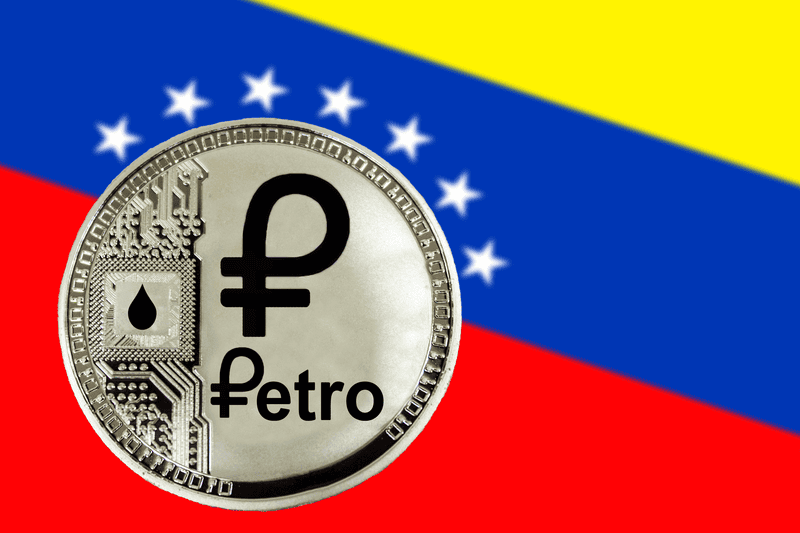The objectiveis to bypass the financial sanctions imposed on his country and reach sources to finance its almost-bankrupt public and balance of payments accounts.If it succeeds, the ICO should provide the government with access to $6 billion.
In the middle of an economic and social meltdown, with annual inflation estimated to be 13,000% this year, and more than one million inhabitants fleeing to neighboring countries as refugees, Venezuela has launched 100 million Petro coins, its own cryptocurrency.
Every Petro issued in the Initial Coin Offering (ICO) was priced by the government at $60, the average price of a barrel of crude oil in January, while each Bolivar, the country’s formal currency, was officially quoted at 0.00004 dollars.

The objective of Nicolas Maduro, president of Venezuela, is to bypass the financial sanctions imposed on his country and reach sources to finance its almost-bankrupt public and balance of payments accounts.
If it succeeds, the ICO should provide the government with access to $6 billion. The US has already warned investors that the purchase of Petro coins violates sanctions.
Some experts suspect that the cryptocurrency, which is totally controlled by the Venezuelan government, could also be used to launder money by the drug trade and other illicit sectors. “It is certainly a money-laundering mechanism,” says Pedro Mario Burelli, a former foreign director at PDVSA, the Venezuelan state-owned oil and natural gas company.
The Venezuelan government says the Petro cryptocurrency is backed up by certified oil, gas, diamond and gold reserves. For Daniele Bianchi, assistant professor of Finance at Warwick Business School, many concerns are still unresolved. “There is no reason why a rational investor should put money into it,” said Bianchi. “It looks more an attempt to raise funds out of desperation than an attempt to introduce a digital currency backed by a hard commodity.”



